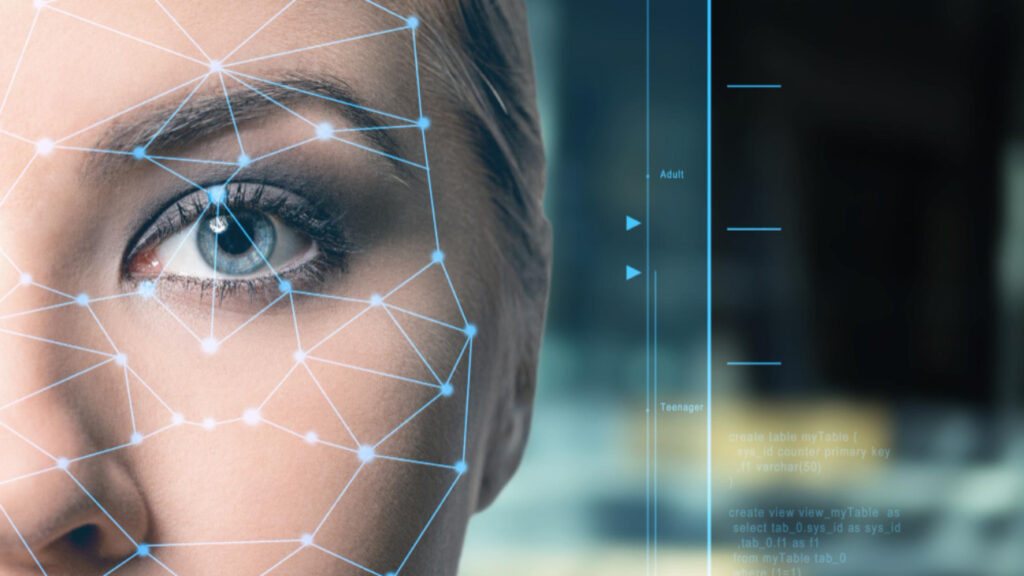In a world where personal identification is valuable for security and safety feels Bahaa Abdul Hadi. From using services online to approving financial transactions, the need for us to trust without exposing us has led to new technologies and processes.
These processes enable us and organizations, to validate identity, ownership or credentials, and disclose nothing about the underlying data. This is not just about privacy, it’s about control, design, and purposeful transparency.
The concept might sound contradictory: how could someone know you are you, without knowing your name, address, or even having an image of you? However, it is increasingly available and surprisingly elegant thanks to new and emerging ideas like zero-knowledge proofs, self-sovereign (decentralized) identities, and selective disclosure.
The Principle of Zero-Knowledge
Zero-Knowledge Proofs (ZKPs) are a cryptographic method where one party can prove to another that a statement is true, without conveying any additional information.
ZKPs are used in:
- Authentication: Prove you know a password without revealing the password itself
- Financial Transactions: Validate your creditworthiness without exposing your bank balance
- Voting Systems: Confirm eligibility without disclosing voter identity
In all of these, the power lies in the structure, not the content, of the data.
Decentralized Identity (DID)
Traditional identity models rely on centralized institutions such as governments, banks, or employers. Decentralized identity flips the model and places control into the hands of the individual.
With a DID system, your identity is:
- Self-owned: Stored in your digital wallet, not a company’s database
- Portable: Verified across platforms, globally
- Minimal: Share only what is needed (for example, prove you’re over 18 without revealing your birthdate)
This empowers users to interact with institutions without permanently handing over personal records.
The Power of Selective Disclosure
Imagine showing a digital ID where you can cover everything except the one piece of information you need to reveal. That is selective disclosure in action. It enables:
- Age verification without a full ID
- Role confirmation without revealing your employer
- Access rights without logging activity history
This reduces attack surfaces and limits data exposure to the absolute minimum.
Blockchain: Trust Without Centralized Records
In blockchain-based identity frameworks, verification does not mean broadcasting details across a network. Instead, it is about consensus. A decentralized ledger can validate that a credential exists, is valid, and belongs to you, without needing to see what the credential actually contains.
This shift is especially useful for industries like:
- Healthcare: Confirming license authenticity
- Education: Proving degree completion
- Supply Chain: Verifying source without disclosing partners
Use Cases Already in Action
- Apple and Google Wallets: Use biometric authentication without storing data externally
- Verifiable Credentials (VCs): Institutions issue proofs (such as a diploma) that can be verified independently
- Signal App: Allows communication without needing to register real names or emails
These systems demonstrate that identity is not a static document. It is a dynamic, provable claim.
The Future: Privacy by Design
Proving who you are without revealing anything is not just a feature. It is becoming a standard. As regulation tightens (such as GDPR and CCPA), and users become more privacy-aware, systems will be forced to adopt identity models that are:
- Verifiable
- Minimal
- User-centric
Designing with “least disclosure” in mind will not just protect privacy. It will build better, more resilient systems.
Conclusion
In digital identities, silence can be powerful. The less you say or show, the better chance you have to not be profiled, manipulated, or impersonated. Technologies such as zero-knowledge proofs and decentralized identity are proving that trust doesn’t have to mean sacrificing privacy. The future belongs to those who can prove the most with the least revealed. The article has been authored by Bahaa Abdul Hadi and has been published by the editorial board of Identity Herald. For more information, please visit www.identityherald.com.




